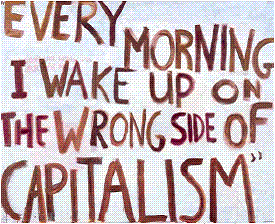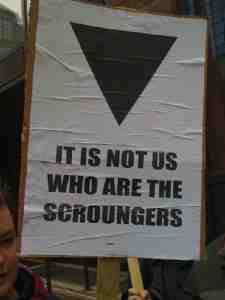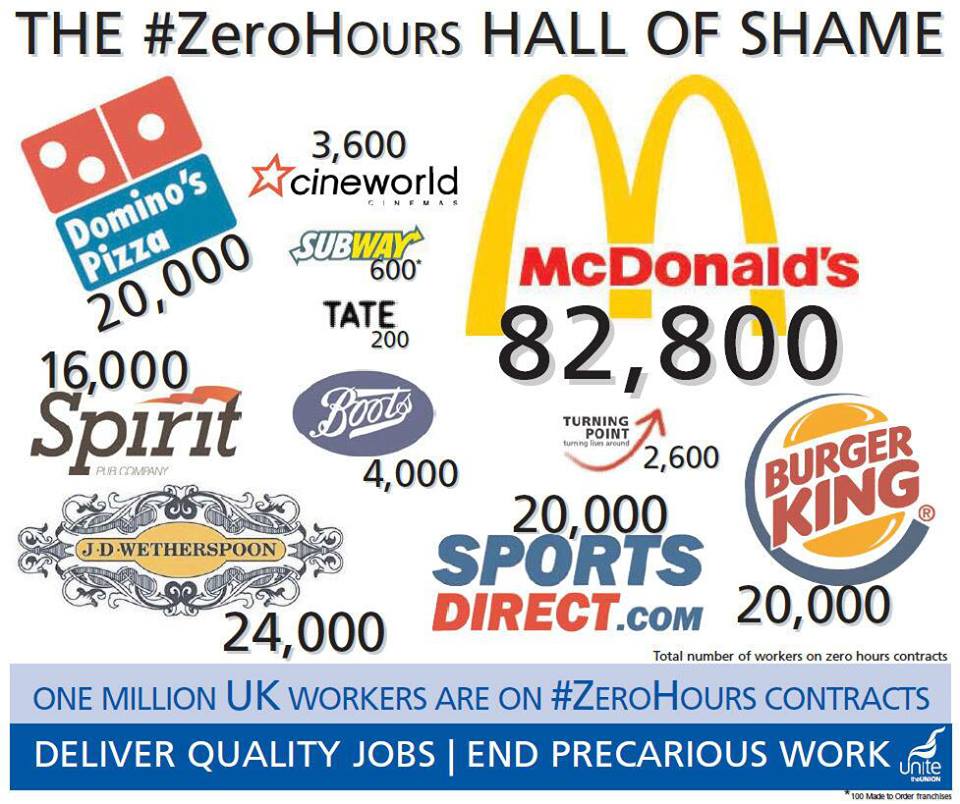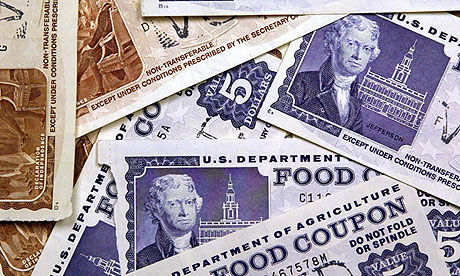
The following article should be read with:
‘The UK has two welfare states. There is one that is reported and endlessly discussed, and another, which is rarely mentioned. Whilst the first is suffering enormous cuts under the Tory/LD coalition, the other just keeps expanding.’
The hidden welfare state that the U.K. government dares not speak of Posted on May 15, 2013
AND
Zero-hours workers earn £6 less per hour
AND
Welfare isn’t about ‘strivers’ vs ‘scroungers’
But you wouldn’t know it from reading the papers. Media coverage usually ignores the large numbers of people who work and rely on benefits.
That’s why we’re stepping up our campaign for a welfare system that gives people the support they need and offers real routes out of poverty.
________
‘The big growth area in welfare is not the so-called “skivers” who exploit the system, but people in work who can’t afford to live.
‘The costly architecture of child benefits, tax credits, housing benefit, disability allowances and all the rest is based on this dysfunctional regime by which taxpayers’ money is used to subsidise low-paying employers.’

 _____________________________________________________________________________
_____________________________________________________________________________
‘In 2012, 4.3 million people received welfare benefits and 47 million received food stamps. The number of Americans getting food stamps – a national hunger crisis – has risen in tandem with the number of people unemployed or out of the workforce.’

‘How low can you get: the minimum wage scam’
Article by Heidi Moore The Guardian America
Wonder why benefit spending is rising? Simple: corporations get away with crappy wages, so government has to make up the rest
You’d think the exceptionally low minimum-wage – $7.25 an hour – would be the shame of a country like the United States that prides itself on its economic leadership. Half of minimum-wage jobs are held by adults over 25 years old, and asking adults to live on $7.25, or $14,500 a year, doesn’t leave them with enough to rent an apartment, commute to work, raise a child and participate in society in any meaningful way.
Many US states have higher minimum-wage requirements than the government, with Washington State leading the pack at $9.19 an hour. That’s a start, but many large, international companies will only pay the minimum the federal government requires. As a result, the federal minimum wage keeps an entire class of people trapped in economic servitude, focusing their attention on survival rather than growth, barring their ability to save enough or pay for education that would allow them to rise to the middle class.
Income inequality is as bad as it has ever been – and the reason is simple.
Low-wage workers can’t even care for their own health without giving up some other necessity. According to the Center for Economic and Policy Research, it took a minimum-wage worker 130 hours to earn a year’s worth of health benefits in 1979. That is only three-and-a-half weeks of full-time, minimum -age work. By 2011, the same health coverage cost 749 hours, or 19 weeks of full-time, minimum-wage work. Working nearly half the year to afford only healthcare, and nothing else, is a ridiculous demand to make of low-wage workers.
The low minimum wage is also as costly for the government as it is cheap for companies. While McDonald’s or other fast food companies save pennies and boost their profitability by paying a low wage, their workers cannot survive on that amount and often end up taking welfare benefits. In 2012, 4.3 million people received welfare benefits and 47 million received food stamps. The number of Americans getting food stamps – a national hunger crisis – has risen in tandem with the number of people unemployed or out of the workforce.
The minimum-wage salary is eaten up fast by necessities like food and healthcare: US minimum-wage workers don’t just lack cash; they lack benefits, and this ends up costing the government. Each of the 23 million households on food stamps is getting an average benefit of about $274 a month from the government to pay for meals. About 40% of food stamp recipients live in a household where at least one person is earning money, according to the US Department of Agriculture.
That means that the money being spent on food stamps is money that the government is paying to subsidize company profits: as businesses pay a minimum or near-minimumwage, their workers are forced to turn to government programs to make ends meet. There is, as they say, no such thing as a free lunch.
Analyst Sarah Millar, of ConvergEx, points out that the US is among the worst nations in providing benefits for low-paid workers:
What the minimum wage debate seems to be missing … is the dialogue that focuses on benefits as the missing element of compensation rather than higher pay. The minimum wage debate is misdirected – among both the workers demanding higher wages and the politicians struggling to determine the minimum wage. Simply put, the problem is not wages: it’s total compensation – that is, wages and benefits.
Where we deviate from the norm is on directly-paid benefits: only 9% of US wages are paid out in the form of benefits, compared to a 16.2% average for the 30 countries surveyed by the BLS. We’re 29th out of 30. That puts us below developing countries like Brazil and Estonia, and far behind developed nations like Japan – which has very similar minimum and manufacturing wages.
The latest Bureau of Labor Statistics employee benefit survey illuminates how minimum-wage workers make just enough money to survive, but nothing more. Just over a tenth of low-paid workers participated in any kind of healthcare benefits, for instance, and roughly the same amount had life insurance or participated in any kind of retirement plan. One-fifth took sick leave, and only 39% took any kind of vacation.
It’s also more expensive to be poor than it is to be middle-class or rich. If low-wage workers do want to have healthcare, they pay more, relative to their salaries, for medical care premiums. Obamacare is supposed to reverse this, but implementation has been held up.
A pathologically useless Congress won’t pass any minimum-wage legislation, no matter how the president asks for it. But as dysfunctional as the budget conversation is, this is the right time for a discussion of the premises of our society. Do we want to be a society that ignores the unemployment crisis and looks away from the fact that the majority of “job growth” right now is in low-wage jobs? Do we want to be a country that expects to let millions of people fail economically in the mistaken belief that there will be no wider consequences to the rest of us?
It’s time to get real. Allowing the federal minimum wage to be so low means knowing that it will cost us all in Medicare, food stamp and social security payments later. While some in Congress – particularly on the conservative side – have mistakenly insisted on austerity and complained about the rising cost of federal benefits, they also seem not to have done the math to figure out why those costs are going up.
The solution is simple: raise the minimum wage, add benefits, and so reduce government benefit spending. If the minimum wage remains low, and benefits sparse, government spending on benefits will continue to rise.
These questions are ever more relevant – in the economic recovery “that isn’t”. Low-wage jobs are becoming the new normal, and they’re creeping up the generational spectrum: about 43% of minimum-wage jobs are in the food industry, which used to employ mostly teenagers, but now employs adults. Maybe these employers should start paying people like adults, too.
Raising the minimum wage will boost the economy. But just as importantly, so would adding benefits. If America wants to reclaim the mantle of economic leadership, this is how to do it.

I’d like to echo ‘bastards’! What i find horrifying is that this Americanisation is spreading everywhere…
i found this just now…dont know if anyone here is aware of it…?
but since black triangle is mentioned… could somebody please put this idiot right on some facts?
http://www.huffingtonpost.co.uk/simon-stevens/atos-disability-welfare-urban-myths_b_3724174.html